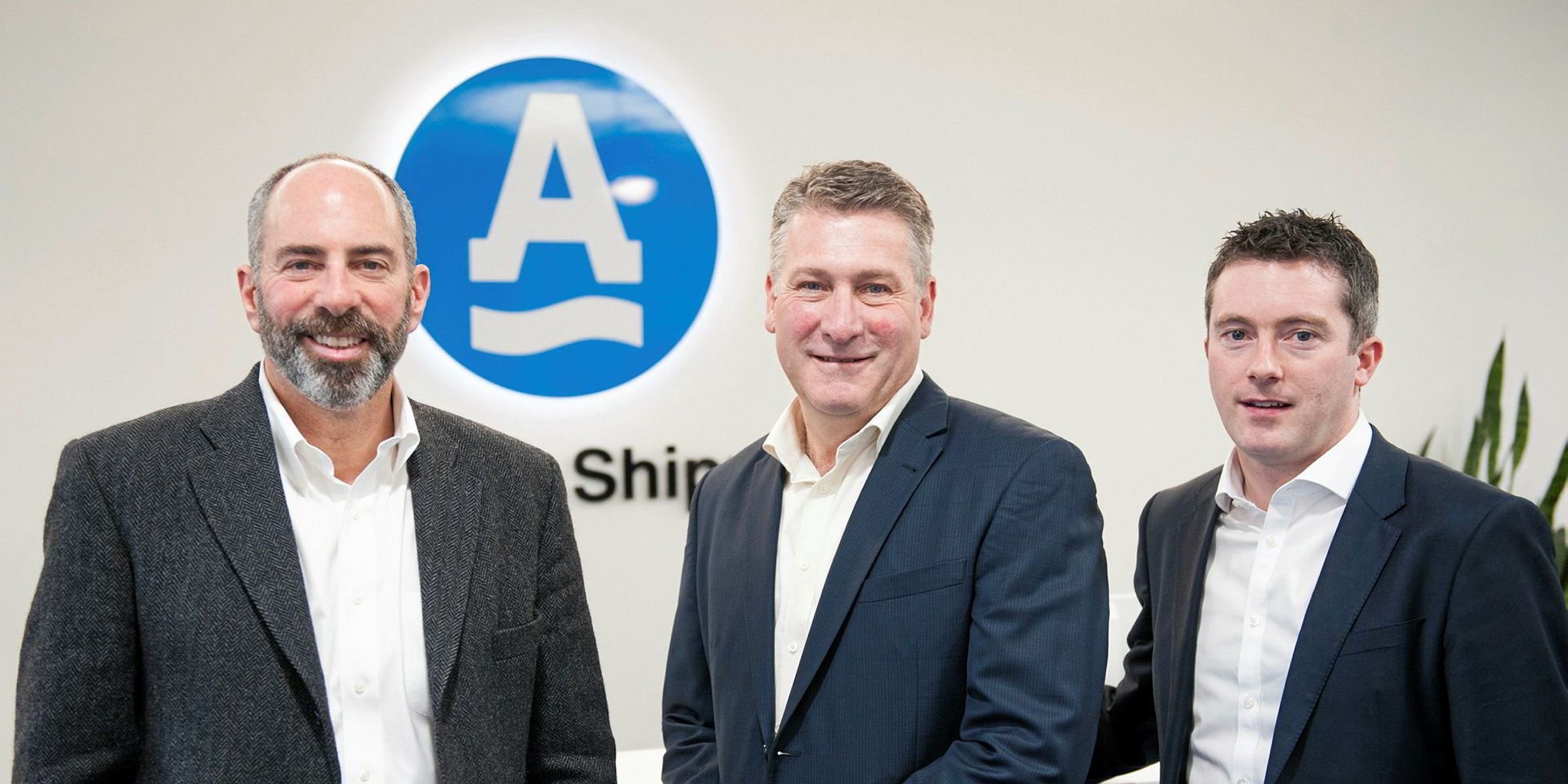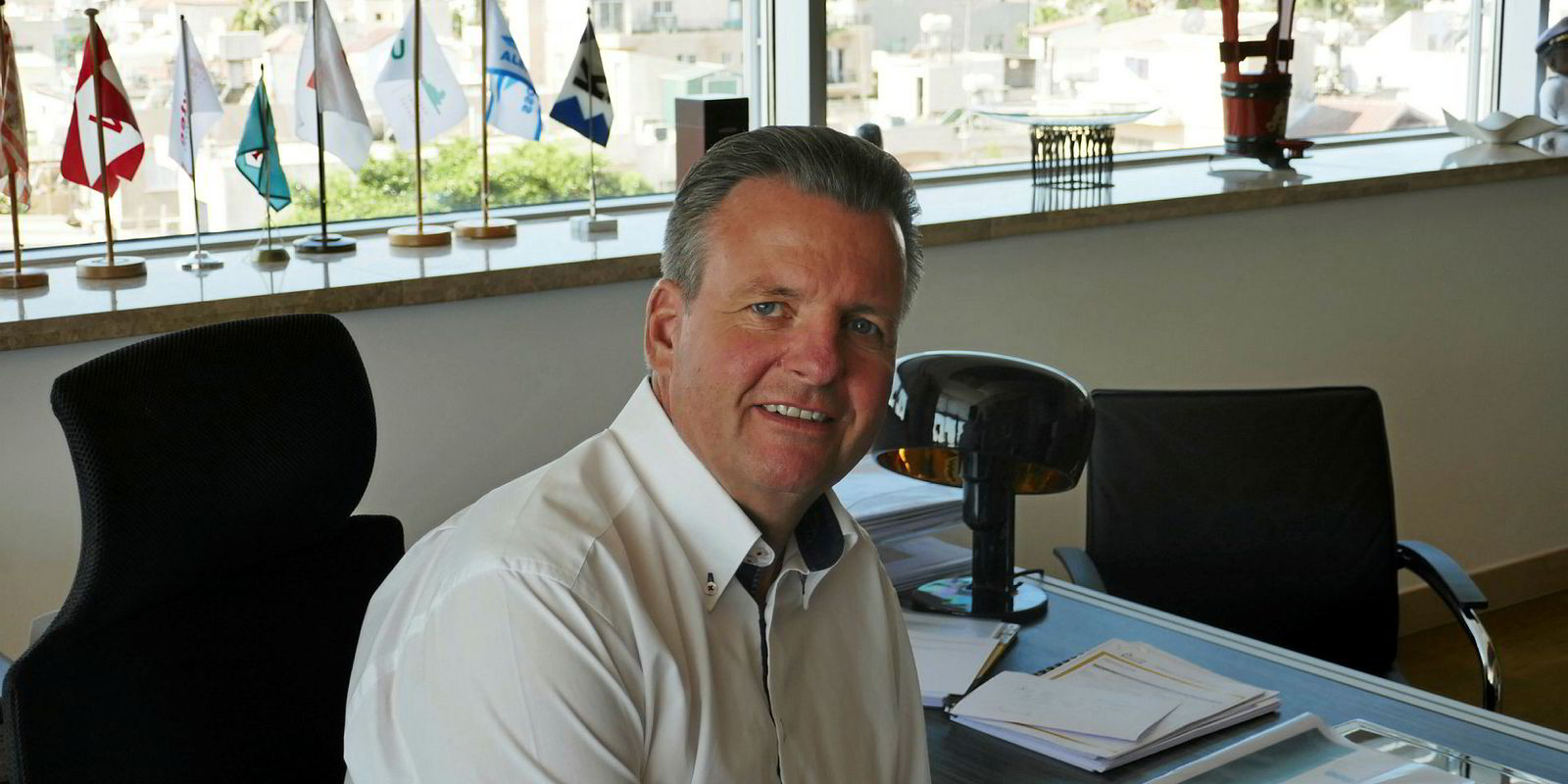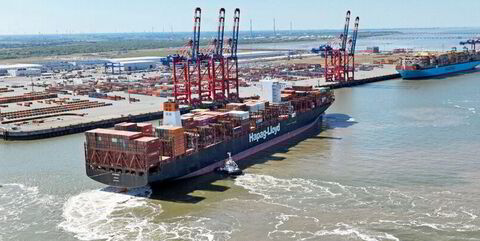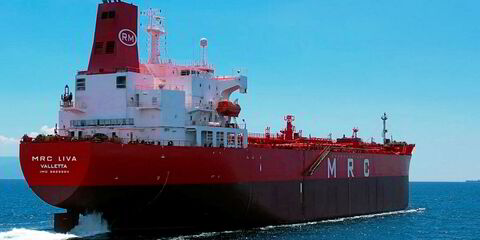When Ardmore Shipping bought its first vessels in 2010, it had no hesitation in placing its fledgling fleet in the hands of third-party managers.
Today its fleet has grown to 27 vessels, which are managed by Thome Ship Management and Anglo-Eastern Univan — whose chief executive, Bjorn Hojgaard, has known Ardmore chief operating officer Mark Cameron for more than 20 years.
Cameron says Ardmore elected to use third-party managers as they could run the ships better and cheaper than the company could on its own.
“It’s one of the most important decisions you can make because the cost of getting it wrong is business critical,” he tells TradeWinds in a joint interview with Hojgaard.
“Ultimately, all that either of us do here is service the fleet and give the fleet direction. It’s the way the fleet operates through the people onboard that makes all the difference in the world,” says Cameron.
He adds that the relationship is not contractual but a trust-based partnership. “You have to put your complete trust in the team that they have your best interests at heart. Our brand is in the hands of a trusted few. That’s vital.”
John Fredriksen’s Frontline is another public tanker owner that favours long-term relationships with its third-party managers.
It has been working with V.Group (and previously Acomarit), for 25 years; Thome and International Tanker Management (ITM) for around 20 years; and Bernhard Schulte Shipmanagement for over a decade, says chief executive Robert Hvide Macleod.
He explains the company uses external managers to ensure best practice in the management and operation of its ships. The wider Fredriksen group uses specialists in the relevant sectors. “External managers facilitate global recruitment of talent onboard ships and in the office,” Macleod says.
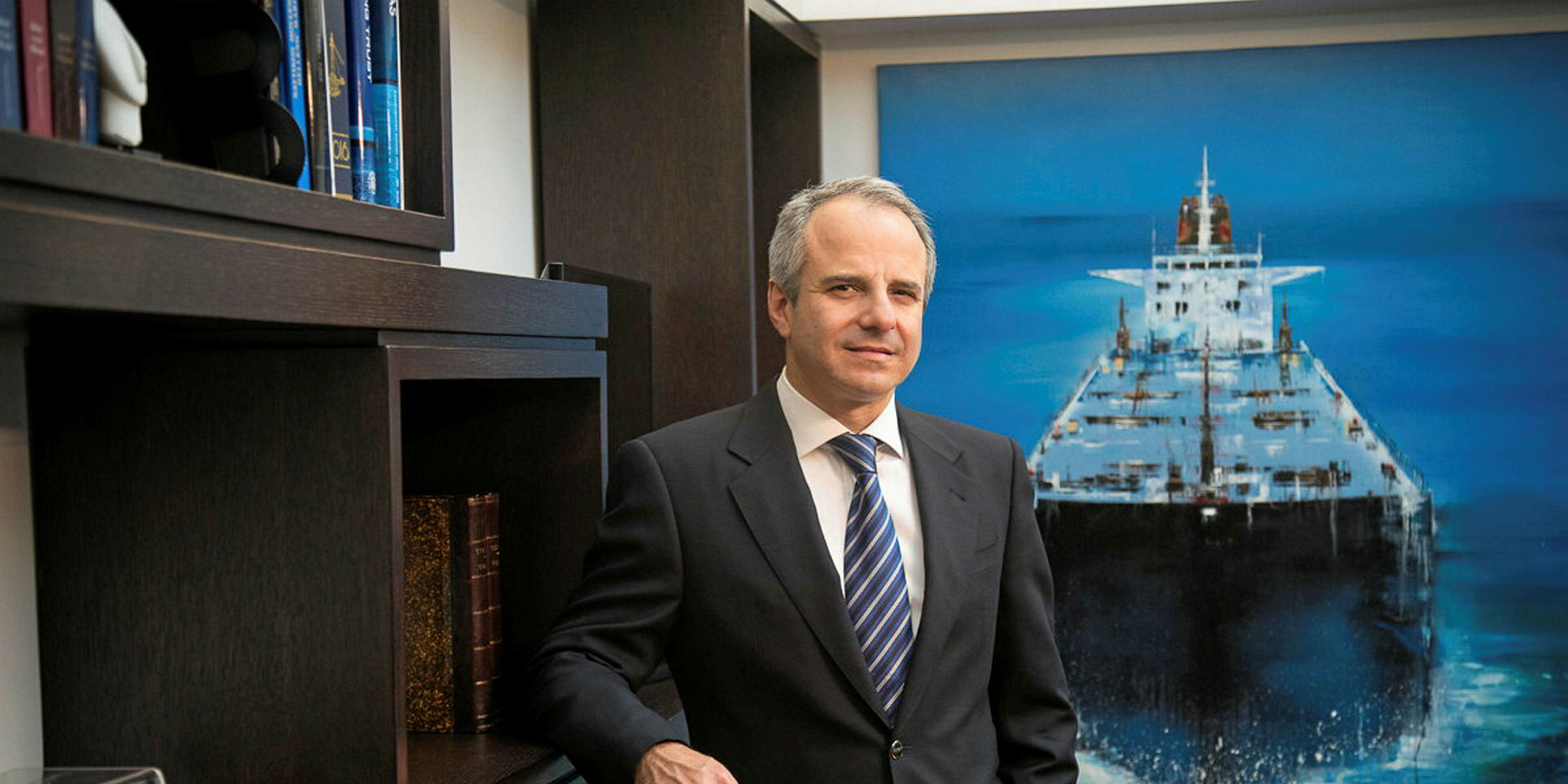
However, it is not only public companies with demanding shareholders who employ third-party managers.
George Vakirtzis, managing director of Polembros Shipping, says the private Greek owner placed a couple of tankers with Bernhard Schulte when it bought them six years ago.
“The vessels were with BSM before we took them over and we kept them there because we didn’t want to lose their existing approvals,” he says.
“Cooperation with BSM is very good, we are very happy with their crewing services. But when it comes to technical solutions, they follow our suggestions.”
Valentios ‘Eddie’ Valentis, who is today chief executive of Pyxis Tankers, was another to turn to the sector when entering the tanker market and today has a “smooth relationship” with ITM in Dubai.
Singapore-based giant BW Group has been using shipmanagers for a few years, after outsourcing 15 ships to complement its in-house operation BW Fleet Management, explains managing director Lars Pedersen.
“These shipmanagers help BWFM continue to provide industry-leading shipmanagement services to an expanding fleet of vessels within BW, and allow personnel from BWFM to focus on detail and operational excellence,” he says.
“Having such managers also allows BWFM to learn best practices and cost-competitive solutions while at the same time increase our own service standards.”
